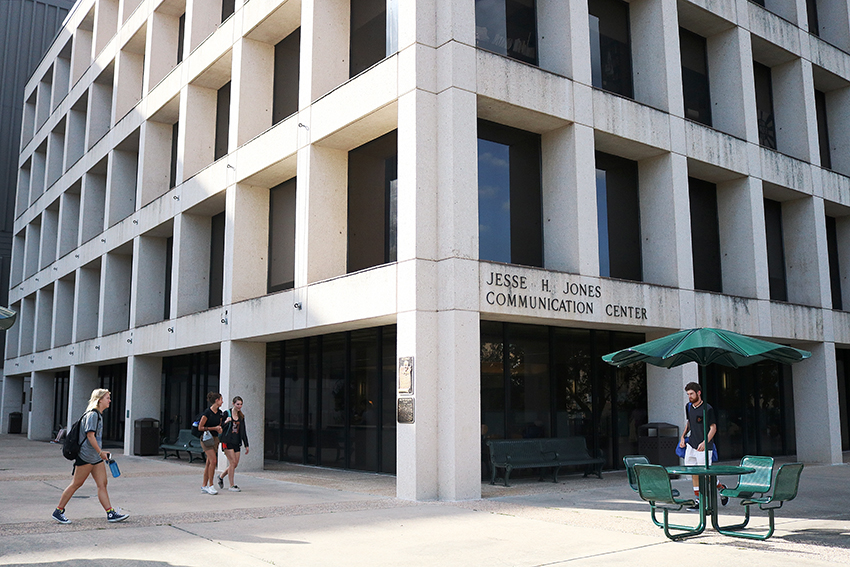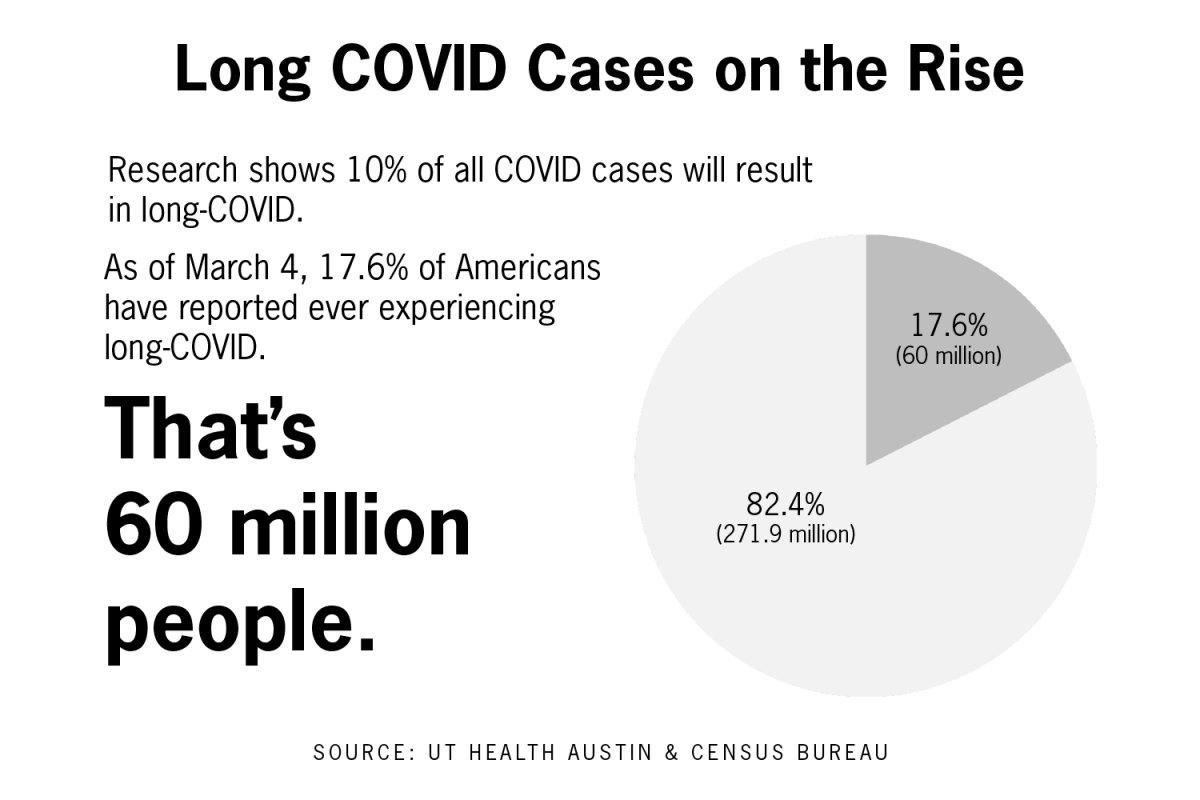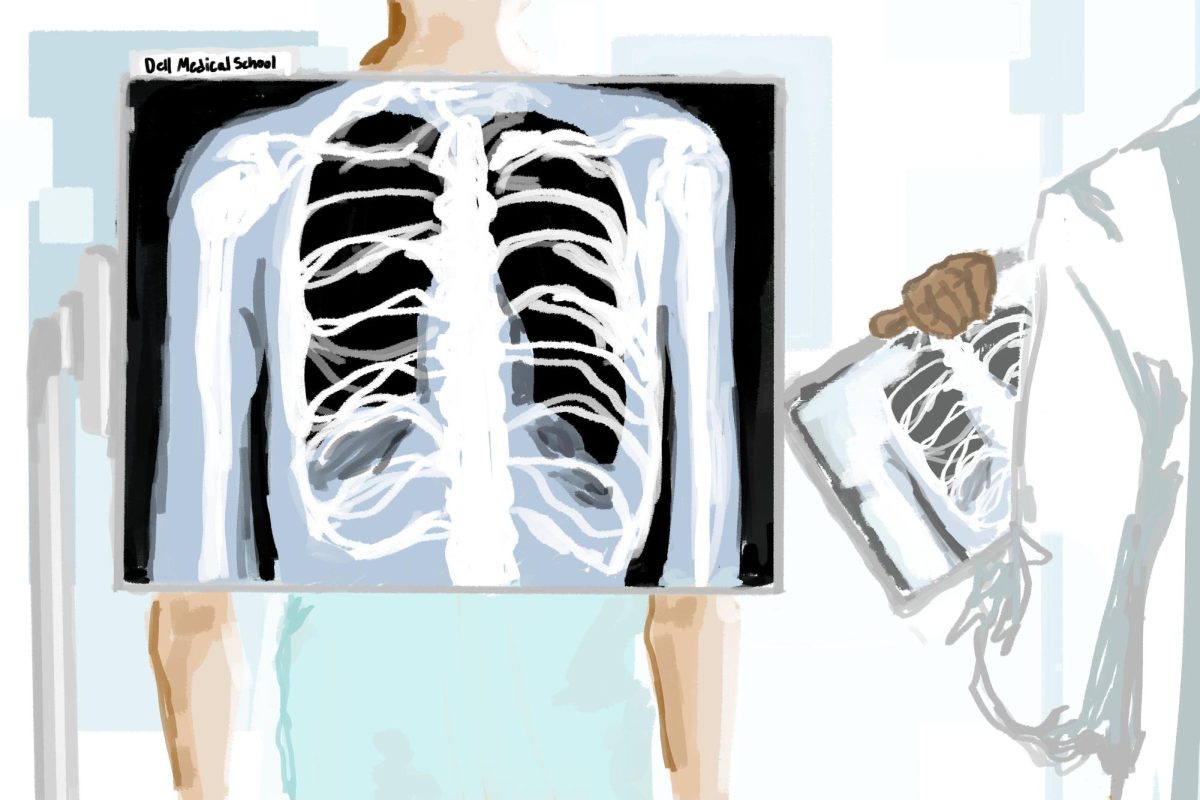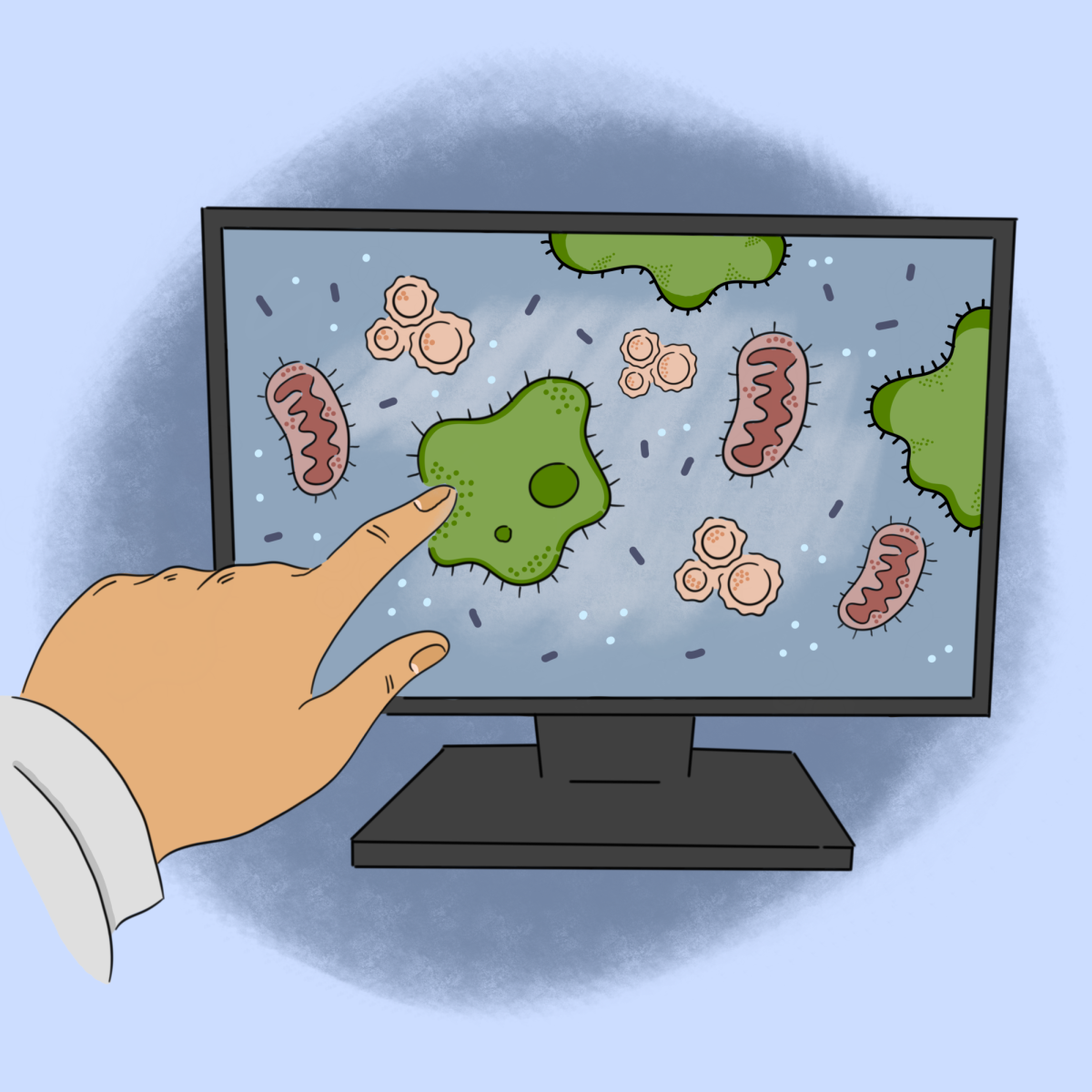Samantha Shorey, assistant professor and design researcher at the Moody College of Communication, was selected to join a Stanford University study panel of leading thinkers tasked with exploring the role of artificial intelligence in society.
Shorey submitted a winning essay that granted her a position on the AI100 panel, a 100-year effort that started in 2015 to study the effects of artificial intelligence assimilation in our everyday lives. Stanford alumnus Eric Horvitz conceived the idea of the panel, which works to publish a report every five years. Previous reports published in 2016 and 2021 assessed the state of AI in society at those moments in time.
“Over this 100-year timespan, we’re going to be able to chart the trajectory of this technology, but also be able to see where we, as a technologist or as a culture … successfully intervened in the future shape of the technology,” Shorey said.
Shorey’s essay, “Accounting for the Labor of AI Integration,” discusses the implications of introducing AI into a workplace without taking into account its effects on workers.
“AI does a lot of things for us that are positive,” Shorey said. “But people are still having to work in the margins, and they’re not getting recognized or cared for for doing that work.”
In her essay, Shorey wrote that essential workers, not system designers, do the work of smoothing the interaction between artificial intelligence and its uses. The intention is for AI to take over the mundane tasks of essential workers to ease their workload, but according to Shorey, this will instead create additional work for those workers — work they are often not compensated for.
Peter Stone, UT professor and one of the authors of the 2016 report, said the AI100 study can help researchers report its impact on society, current challenges of AI and what actions can be taken to ensure the benefits of AI outweigh the harms. He also encouraged students to become literate in AI to better prepare for a world and workplace where AI harmonization is more profound.
“I’ve launched a course with a couple of colleagues called The Essentials of AI (CS 109),” Stone said. “It’s open to the entire campus, including faculty, staff and grad students, to make sure everyone who graduates from UT has the opportunity to become literate in artificial intelligence.”





















